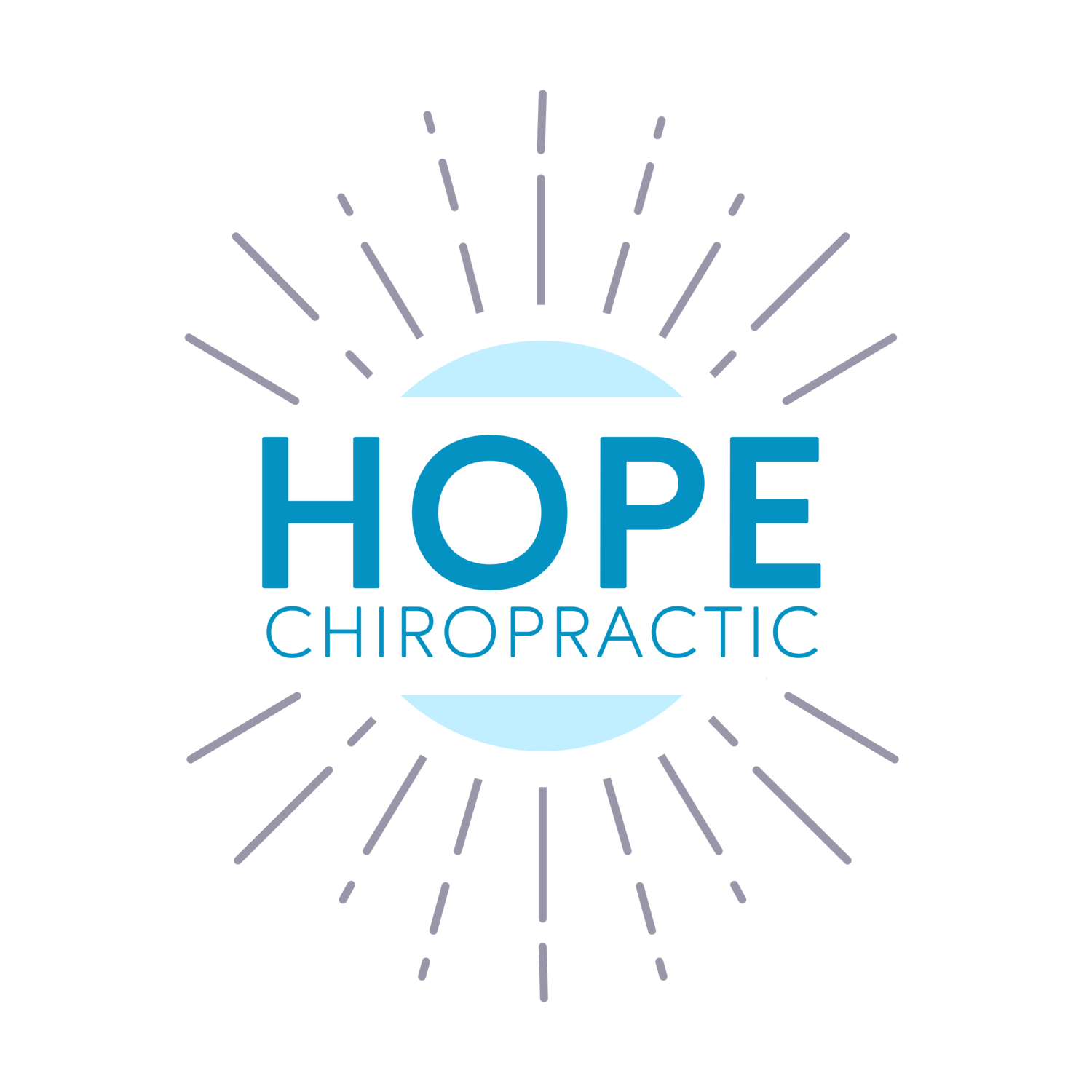
As a brand new parent, you want to give your newborn the absolute best start in life. You're carefully selecting the safest car seat, researching the most nutritious feeding options, and creating the perfect sleep environment. But what many parents don't realize is that even the most "normal" birth process puts tremendous physical stress on your baby's delicate body—particularly their brainstem, neck, and nervous system.
Let me guess... your child doesn't just have one speed.
One moment, they're bouncing off the walls — shouting, spinning, climbing on furniture, and melting down when something doesn't go their way.
The next moment? They're completely zoned out and disconnected. Blank stare. Can't follow instructions. It's like they're in the room... but not really there.
You've tried the parenting books, the behavior and reward charts, maybe even medications — and still, you're left asking – Why is my child like this?
And more importantly... How do I actually help them?
Do you find yourself reaching for that third cup of coffee just to make it through the afternoon? Does your child seem constantly wired yet somehow exhausted, struggling to focus at school but unable to wind down at night? You're not alone—and there's a reason for it.
What you and your family are experiencing could be a cortisol addiction. This neurological pattern has become increasingly common in our fast-paced world, affecting not just adults but our children too. The good news? Once you understand what's happening, you can take effective steps to break the cycle and help your entire family thrive naturally.
Motherhood is an excessive amount of responsibilities, from caring for our children to managing household chores, work commitments, and more. It often feels like there needs to be more hours in the day to accomplish everything on our to-do lists. With carpool lines, meal prepping, loads of laundry, and trying to keep all of the kids accounted for, it's easy for moms to neglect their own well-being, leading to exhaustion and burnout. Although motherhood is literally the best job in the world, it can also sometimes feel like the hardest, too. This season is full of joy, and it is very rewarding but can get lonely at times, which is why we created this little “survival guide” to help ease those tough days, to remind you to give yourself grace, that you are the best mother for your child, AND to give you some practical tips to help your overall health and wellbeing.
Has your child seen a chiropractor, but the results fell short of your expectations? You're not alone. Many parents leave feeling disappointed—whether it's due to a lack of confidence or clarity from their chiropractor, weak or inconsistent care plan recommendations, or confusion over a long list of additional therapies added to the mix.
If that sounds familiar, keep reading to learn the key differences between standard chiropractic care, integrated or functional therapies, and truly specialized Neurologically-Focused Pediatric Chiropractic Care.
If you're a parent wondering why children today seem to face more health challenges than ever before, you're not alone. The statistics are truly alarming - the CDC admits that an astonishing 40% of American children are currently struggling with at least one chronic illness, while other research and medical experts put this number even higher at 50% or beyond.
As parents, we have to ask ourselves: Why are our children struggling more than ever with chronic health issues?
It doesn't matter which path we look down - from chronic digestive disorders to inflammatory and autoimmune conditions, to neurological conditions like Autism Spectrum Disorder, ADHD, Sensory Processing Disorder, anxiety, epilepsy, and depression - millions of children and families are suffering.
Are you exhausted from the daily mealtime battles with your picky eater? If you've tried hiding vegetables in smoothies, created elaborate reward charts, or found yourself negotiating "just one more bite" at every meal, you're not alone. As a parent, these struggles can leave you feeling frustrated, worried, and sometimes even like you're failing.
But what if I told you that your child's picky eating likely isn't really about the food at all?
As an expecting parent, you're likely surrounded by advice about baby registries, prenatal yoga classes, folate supplements, and which stroller to buy. While all these preparations are important and exciting, there's something even more fundamental that deserves your attention first: your nervous system. In America, we're often encouraged to focus on the material aspects of pregnancy preparation, but the health of your nervous system should be your #1 priority.
Why? Because your nervous system controls every cell, tissue, and organ in your body, it directly impacts your baby's development, too.











